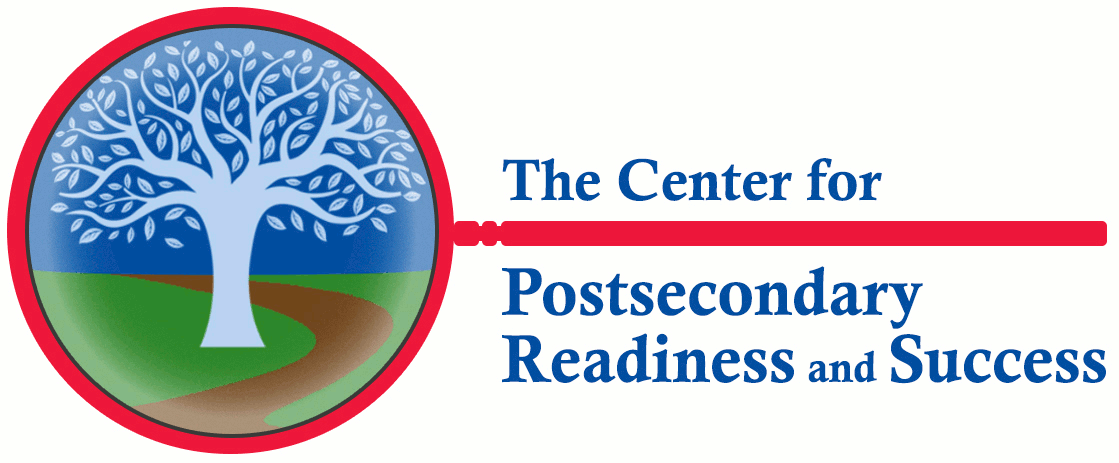ScholarWorks > WMU > JCA > Vol. 9 (2024) > Iss. 1
Abstract
Framed by family engagement frameworks, this study presents four types of interactions college access professionals (CAPs) have with the families of underrepresented college-going students—inconsistent communication, transactional exchanges, student-family mediation, and trusting relationships—to explore the nature of family-educator partnerships for students’ college access. Drawing from in-depth qualitative interviews with a diverse sample of 20 CAPs, this study demonstrates that the nature of these interactions and their corresponding family engagement practices are influenced by CAPs’ job requirements and previous experiences working with families. This ultimately shapes their ability to invest in and develop strong, trusting partnerships with students’ families. By understanding these family-educator interactions, college access programming can work towards benefitting from strong and trusting partnerships, which can ultimately lead to successful college acceptance and matriculation for underrepresented college-bound students.
Recommended Citation
Cuevas, Stephany
(2024)
"Moving Beyond Transactions: Understanding the Relationships between College Access Professionals and Underrepresented College-Bound Families,"
Journal of College Access: Vol. 9:
Iss.
1, Article 5.
Available at:
https://scholarworks.wmich.edu/jca/vol9/iss1/5


